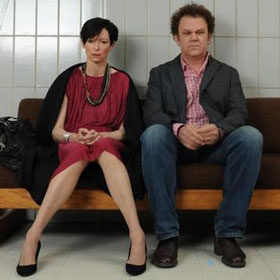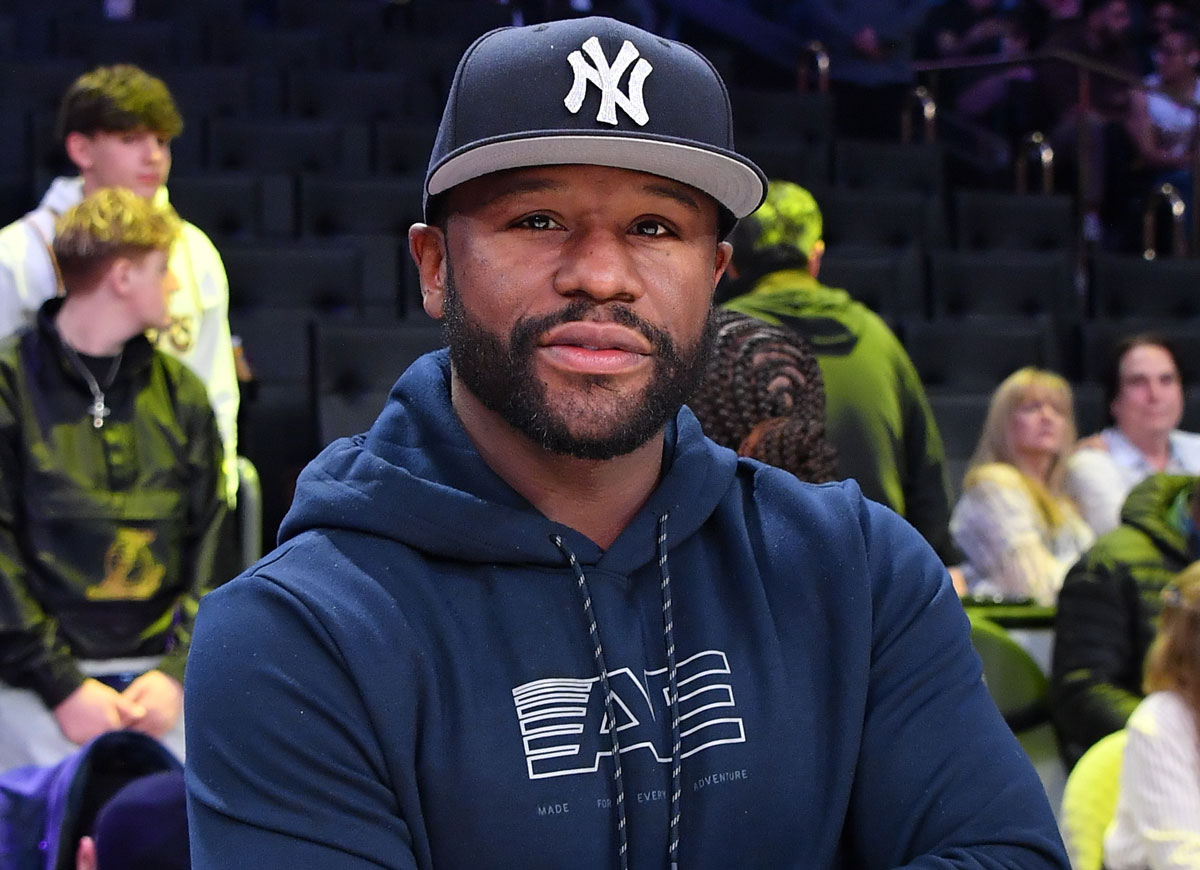We Need To Talk About Kevin

4/5
We Need To Talk About Kevin is the kind of film you won't watch more than once — unless you're a total sick-o. In it, Tilda Swinton plays Eva, a mother trying to get on with her life after an unspeakable tragedy (saying what, exactly, would be a huge spoiler) has left her estranged from her family. She remains in contact with her teenaged son, played by the diabolical Ezra Miller, but when they share the same room they hardly speak. They just…stare.
Swinton, who's on the shortlist of Best Actress performances of 2011 for this role, proceeds like a stunned corpse throughout most of the film, even though the present line of action (the 50% of the film that's not a flashback) occurs after nearly two years of grieving have already passed. She pushes an empty grocery cart through spontaneity-starved aisles, trying to avoid anyone who'll recognize her. But how could anyone fail to recognize Swinton in such an incongruous, small-town setting, with her tall, swan-like frame, Onyx stone eyes and matted mop of hair? If she's supposed to be trying to blend in, then you'd think she'd try just a little bit harder not to look like the Grim Reaper's Euro-chic wife.
Unfolding, via flashbacks, the story of a reluctant mother as she tries every means possible to control her tyrannically ill-behaved son, We Need To Talk About Kevin begins, conceptually, with an intriguing premise. When youngsters do bad things, how fair is it, really, to "blame the parents"? Based on the book by Lionel Shriver, Kevin wants to keep the audience guessing about this and many other kinds of questions, hoping that, by the end, what must be answered has been, and what can't be answered goes on lingering in the mind.
On the first aim, Kevin's tight narrative structure helps it succeed, but the more ambitious project of becoming thought-provoking is undercut by the sheer horror of the events depicted. Don't be surprised that, for a feature film, Kevin will seem cheap, ultimately — like an overstylized Lifetime movie.
And yet, at the same time, there's an audio-visual sumptuousness — a sharp, hip edge — that makes it well-suited to the big screen. Director Lynne Ramsay makes ample use of Eva's pre-housewife past as a world traveler, calling up images of tomato fights and deserted cobblestone streets to rhyme with their oppressive, domestic counterparts. Piles of strawberry jelly and monotonous acres of trendy studio tile box Eva into The Wrong Life just as violently as do bratty young Kevin's Bartleby-esque refusals to play along and just be good.
The point is clear and artfully elevated: that in the post-tragic life, happiness barely stands a chance at recovery when it is pitilessly mocked by sentimental memories. Reminders of love and tenderness, comforting to some people, conform to a culture that produces exceptional violence as a by-product of general safety, and there are those unlucky individuals who pay the price of everyone's sin. Perhaps that's something we need to talk about, but most of us would rather just forget.
RELATED ARTICLES
Get the most-revealing celebrity conversations with the uInterview podcast!





Leave a comment